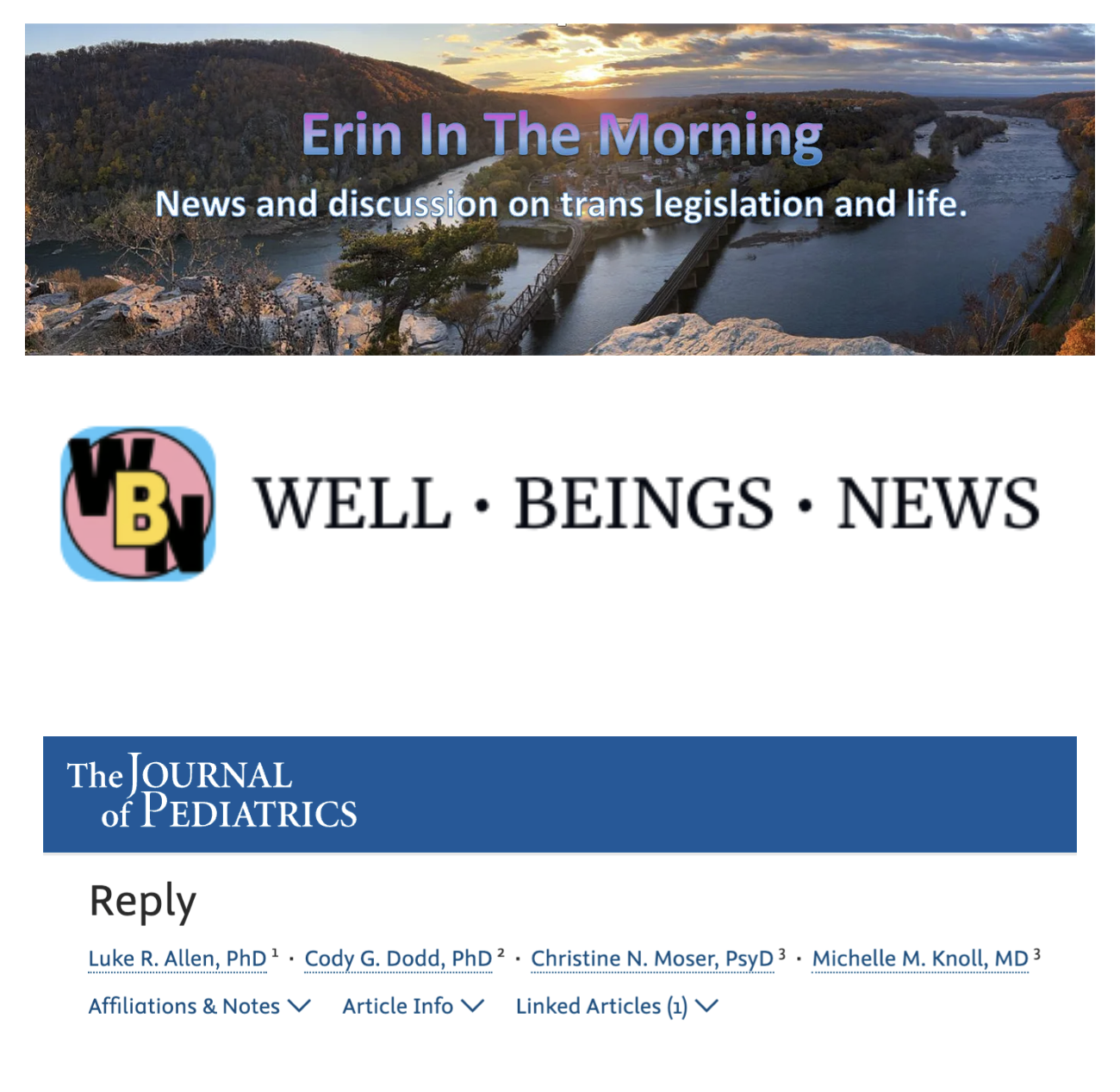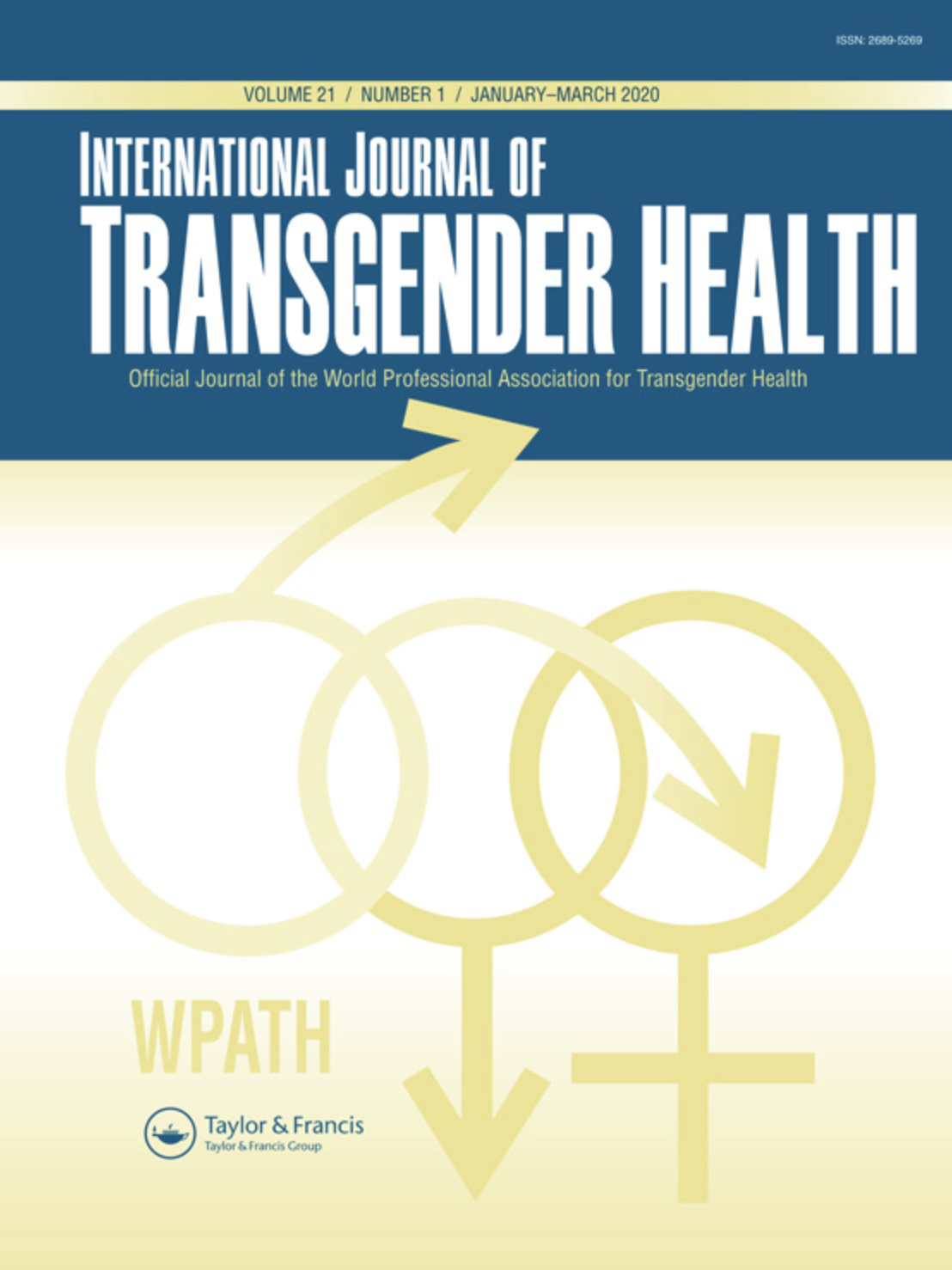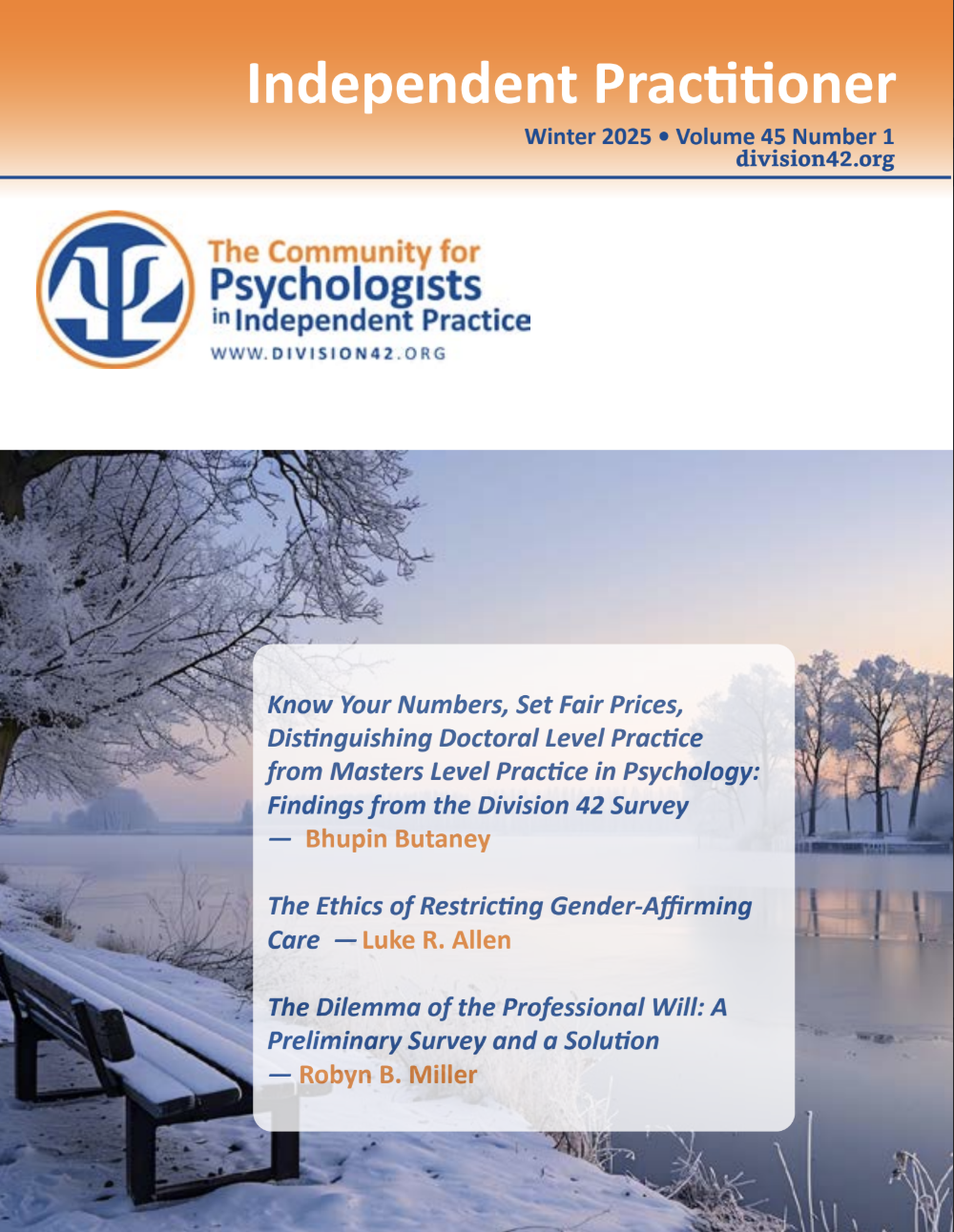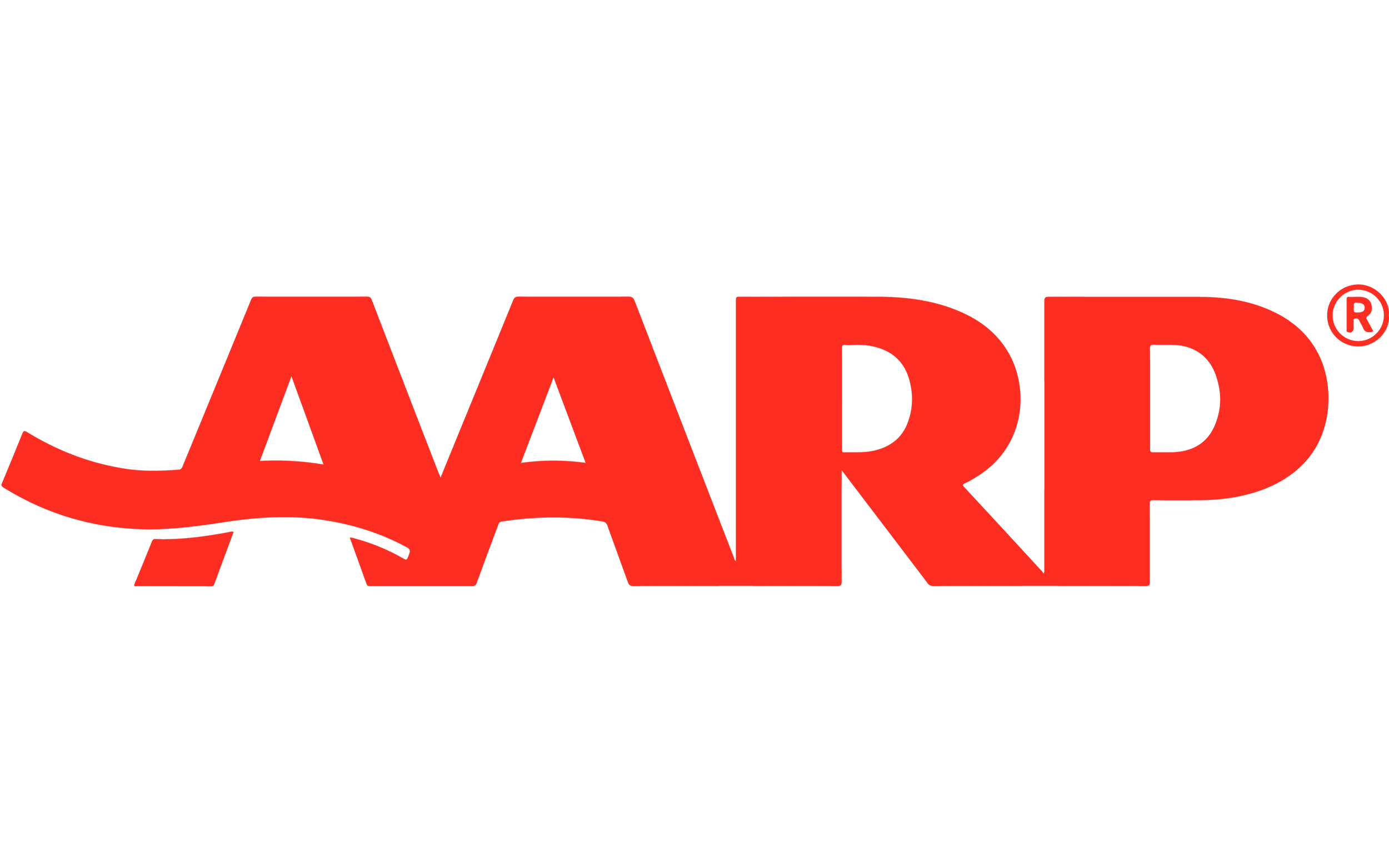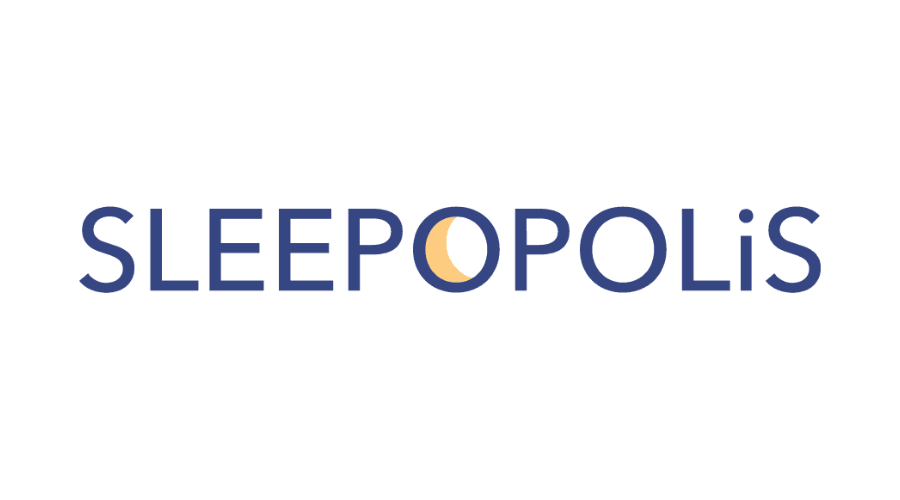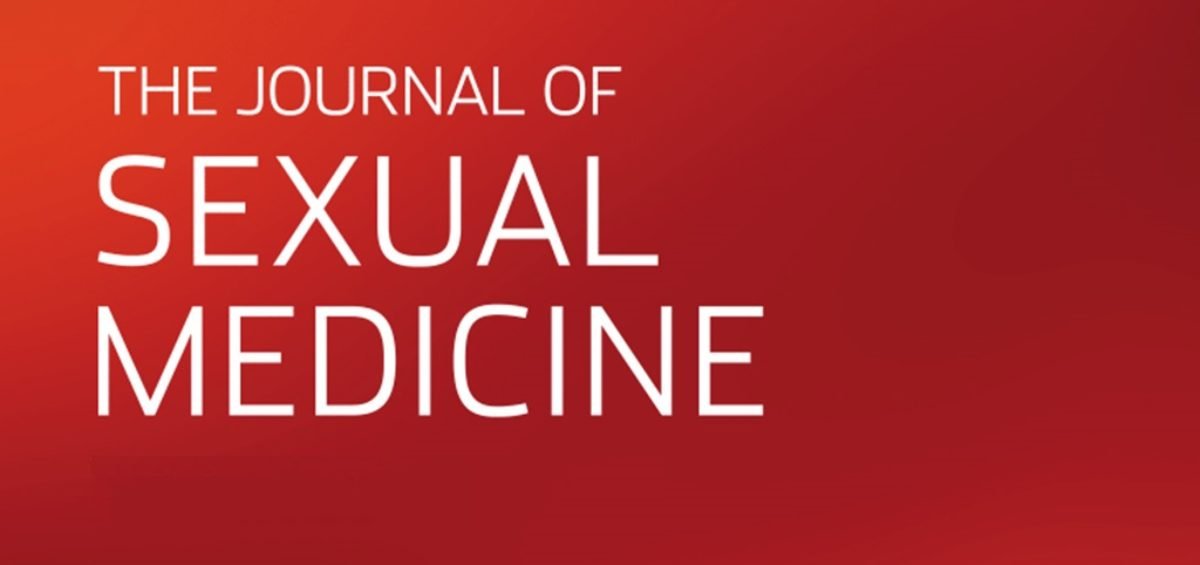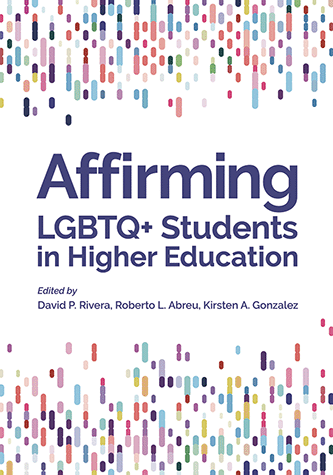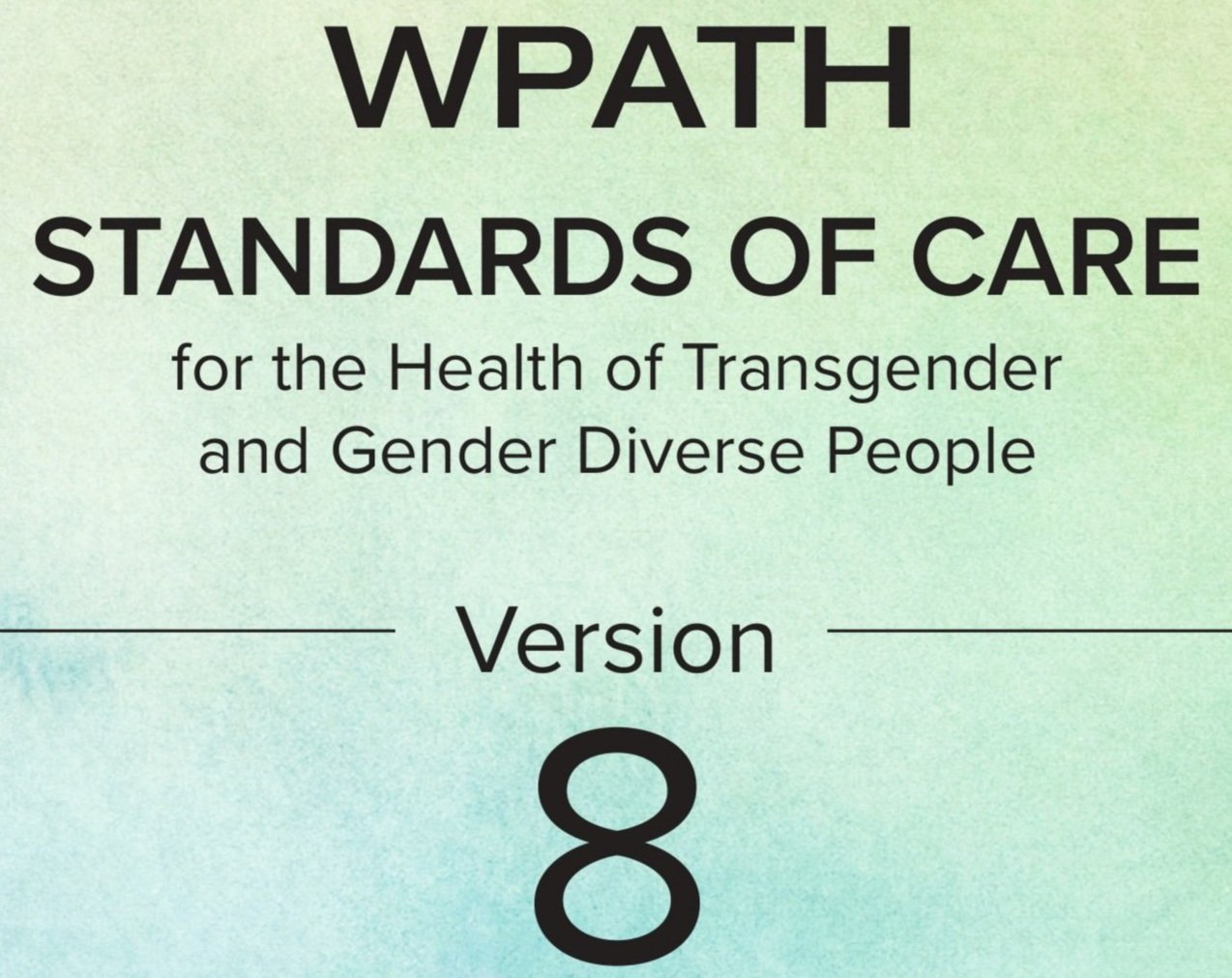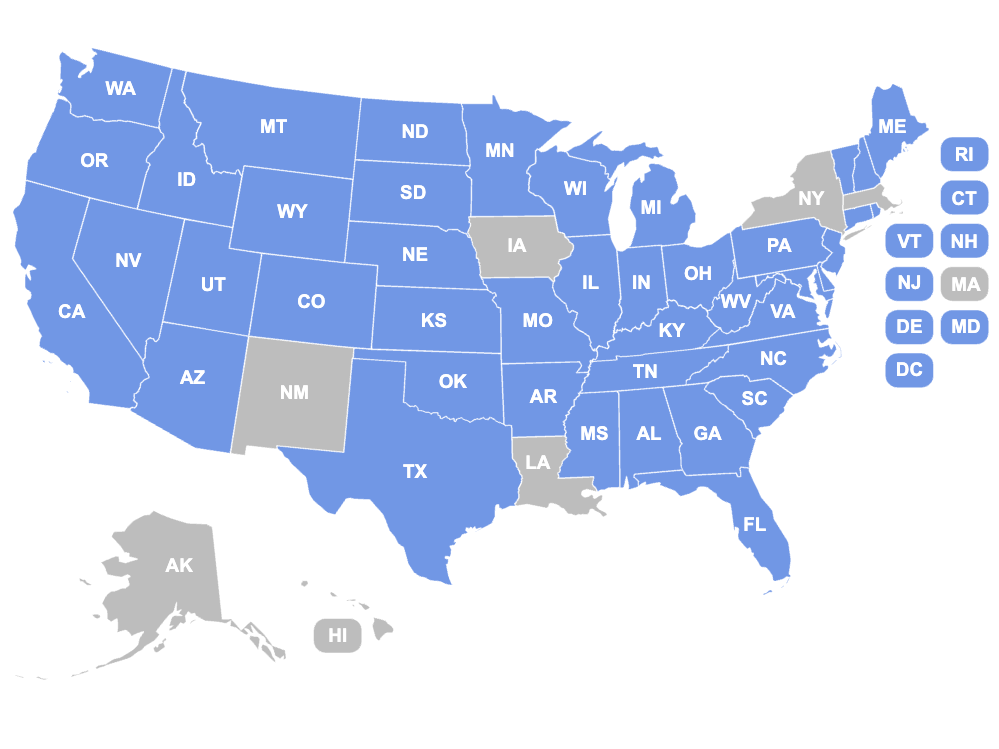About Me
The purpose of this page is to give you additional information on my training, background, and other factors you might find relevant as you consider choosing a therapist.
I am a Licensed Psychologist in Nevada, Oregon, & California (though I am physically located in Las Vegas, NV). I am authorized to practice remotely in 38+ PsyPACT states and I have ties to Arizona, Washington, and Missouri as I was previously licensed and/or have lived in these places. My services are 100% virtual (i.e., online therapy).
I specialize in treating anxiety (and anxiety-related disorders), depression, body-focused repetitive behaviors (BFRBs; e.g., trichotillomania and dermatillomania), and LGBTQ+ concerns, particularly transgender youth and adults. During my post-doctoral residency in Portland, OR at Portland Psychotherapy, I received specialized training in treating anxiety disorders and Acceptance and Commitment Therapy (ACT)-specific training and supervision by recognized leaders in the field. In earlier years, I received training conducting evaluations within a multidisciplinary transgender health clinic.
I am a World Professional Association for Transgender Health (WPATH) Standards of Care for the Health of Transgender and Gender Diverse People, Version 8 (SOC8) Certified Member and Mentor. I am also a co-author of the SOC8. I previously served as co-chair of the WPATH Student Initiative and was the elected student representative to the WPATH Board of Directors. I currently serve as Co-Chair of the WPATH Ethics Committee. I have published qualitative, quantitative, and theoretical articles on transgender health, clinical outcomes, and ethics.
I have worked with youth, families, teens, and adults in various capacities since 2012. Prior to going into full-time teletherapy private practice, I fulfilled roles including University Counseling Center Staff Psychologist, Licensed Professional Counselor (LPC), Clinical Supervisor, Group Therapy Facilitator (ACT, interpersonal process, psychedelic integration and safety, LGBT+ support, coping skills groups), Assessment Specialist, Outreach, Marketing, and Referral Specialist for a Community Mental Health Clinic, Assistant Coordinator for a Sexual and Gender Diversity Resource Center, Assistant Residential Life Coordinator, College Teaching Assistant (Introduction to Counseling Theories), College Instructor (Sex Roles in Education), Research Assistant, and Guest Lecturer & Trainer.
I take professional development and providing quality care seriously. I believe you will find this reflected in my clinical, professional, and research activities. If you’d like to know even more about my credentials, training, or background click the “Curriculum Vitae” button or keep on reading.
Select Publications by Dr. Luke Allen
-
In 2019, coming out of my dissertation, my co-authors and I published a small observational study (N = 47) examining changes in well-being and suicidality among transgender and non-binary (TNB) adolescents after the initiation of hormone therapy (HT). In 2025, we completed a follow-up study with nearly 10x the sample size and twice the observation window, finding similar results: reports of suicidality decreased and new suicide attempts were uncommon during the follow-up period, even among those who began HT with a recent attempt.
Allen, L. R., Dodd, C., Moser, C., & Knoll, M. (2025). Changes in suicidality among transgender adolescents following hormone therapy: An extended study. The Journal of Pediatrics. Advance online publication. https://doi.org/10.1016/j.jpeds.2025.114883 [Author Version: Here].
-
Standards of Care, Version 8 (open access)
The overall goal of the guidelines, called “Standards of Care'', is to provide clinical guidance for health professionals to assist transgender and gender diverse people with safe and effective pathways to achieve lasting personal comfort with their gendered selves, and to maximize their overall health, psychological well-being, and self-fulfillment.
Coleman, E., Radix, A. E., Bouman, W. P., Brown, G. R., De Vries, A. L. C., Deutsch, M. B., … Allen L. R., ... & Arcelus, J. (2022). Standards of care for the health of transgender and gender diverse people, version 8. International Journal of Transgender Health, 23(sup1), S1–S259. https://doi.org/10.1080/26895269.2022.2100644
-
We explore the ethical dimensions of transgender healthcare, our manuscript applies the principles of autonomy, beneficence, nonmaleficence, and justice to inform and guide clinical decisions. It underscores the necessity of a nuanced, principled approach in addressing the unique challenges faced by transgender individuals in healthcare settings.
Allen, L. R., Adams, N., Ashley, F., Dodd, C., Ehrensaft, D., Fraser, L., Garcia, M., Giordano, S., Green, J., Johnson, T., Penny, J., Rachlin, K., & Veale, J. (2024). Principlism and contemporary ethical considerations for providers of transgender health care. International Journal of Transgender Health. Advance online publication. https://doi.org/10.1080/26895269.2024.2303462 -
In this article, my co-author and I argue that in recent decades psychologists’ professional commitments appear to have expanded to include social justice and political advocacy components; consequently, the applicability of psychologists’ guiding ethical principles must also expand. We use drug prohibition as an example to critically examine the boundaries between psychologists’ personal and professional ethics. We conclude that the endorsement of categorical prohibitionist drug policies by psychologist is in direct conflict with the profession’s guiding ethical principles.
Allen, L. R., & Dodd, C. G. (2018). Psychologists’ responsibility to society: Public policy and the ethics of political action. Journal of Theoretical and Philosophical Psychology, 38(1), 42–53. http://dx.doi.org/10.1037/teo0000077 [Open Access, Pre-Publication, Version]
-
There has been a rise in the number of children and adolescents presenting with gender incongruence. Many are requesting gender-affirming medical interventions before they have the legal authority to give consent. Because only the caregivers can provide permission for gender-affirming medical treatment for minors, therapists who see these youths need an approach mindful of the distress inherent to the lived experience of transgender minors and respectful of the fear and hesitation most guardians of trans youth experience. Due to the partial or fully irreversible nature of medical treatment for transgender minors, parents tend to be cautious. Sometimes well-meaning parents functionally “filibuster” their adolescent’s transition which may cause a harmful delay in necessary treatment. In this article, my co-author and I provide a case study to demonstrate creative strategies clinicians can apply to help families through the transition process.
Although, transgender minors may bring the family to initial therapeutic encounter, they are not “holding” family dysfunction. Often, their distress is due to their dysphoria which is outside their control. At the same time, the family system may experience increased levels of stress resulting from an inability to support a transgender child within a cisnormative world. Successful work with these families will create a new homeostasis. Therapists must earn the trust of both the youth and parents.Healy, R. W., & Allen, L. R. (2019). Family therapy with transgender minors: A case study. Clinical Social Work Journal, 48(4). 402-411. http://dx.doi.org/10.1007/s10615-019-00704-4 [Open Access, Pre-Publication, Version]
Credentials
-
2021 – Present
Authority to Practice Interjurisdictional Telepsychology (APIT) #9456
Granted by the PSYPACT Commission
The PsyPACT E.Passport grants authority to practice remotely in all 30+ PsyPACT states including Arizona, Washington, Missouri, New Jersey, among many others. -
Nevada #: PY1030 (2021 – Present)
Oregon #: 3473 (2021 – Present)
California #: 34954 (2024 - Present)
Washington #: PY61159361 (2021 – 2022) -
Oregon License #: C5877 (2020 – 2022)
Missouri License #: 2017041282 (2017 – 2021) -
Global Education Institute, Standards of Care 8 Certified Mentor (2022 – Present)
Global Education Institute, Standards of Care 8 Certified Member (2021 – Present)
WPATH is the world’s leading transgender health association. The certification indicates a working understanding of the multidisciplinary care team and the translation of the Standards into practice. Certification includes coursework, mentorship, and a minimum membership requirement before passing a certification exam. -
The TLC Foundation for Body-Focused Repetitive Behaviors (BFRBs) Virtual Professional Training Institute (VPTI) is a specialized, one-of-a-kind, comprehensive CBT-based training for medical and therapeutic providers interested in becoming more knowledgeable in treating clients presenting with hair pulling, skin picking, nail biting, cheek biting, and associated behaviors.
Membership & Service
-
Division 44 (2016 - Present)
Society for the Psychology of Sexual Orientation and Gender Diversity
Awards Committee: 2022
LGBT Mentoring Program (APAGS): 2013 – 2020Division 42 (2023 - Present)
Community for Psychologists in Independent PracticeDivision 17 (2013 - 2020)
Society of Counseling PsychologyDivision 24 (2014 - 2020)
Society for Theoretical and Philosophical PsychologyDivision 51 (2016 - 2020)
Society for the Psychological Study of Men and Masculinities -
Ethics Committee (Nov 2017 - Present)
Board of Directors, Student Representative (elected) (June 2016 - June 2019)
Co-chair of the WPATH Student Initiative Taskforce (June 2016 – June 2019)WPATH is an international, interdisciplinary organization dedicated to promoting evidence-based practices in the care and treatment of transgender and gender diverse (TGD) people. WPATH provides guidelines and standards of care for health professionals who work with TGD populations, and advocates for their rights and well-being. The organization also fosters research and education on transgender and gender diverse issues and works to promote greater understanding and acceptance of TGD people within society.
-
Special Interest Group (SIG) Membership:
College/University Student Mental Health SIG (2016 - Present)
Gender and Sexuality Diversity SIG (2016 - Present)
Psychedelic and Non-Ordinary States of Consciousness SIG (2021 - Present)
OCD and Related Disorders SIG (2023 - Present)The Association for Contextual Behavioral Science (ACBS) is a professional organization dedicated to advancing the scientific understanding and practical application of contextual behavioral science. ACBS promotes research and education in areas such as Acceptance and Commitment Therapy (ACT), Functional Analytic Psychotherapy (FAP), and other evidence-based approaches that utilize contextual behavioral principles. The organization provides resources for clinicians, researchers, and educators, including conferences, training workshops, and online resources.
-
The Nevada Psychological Association (NPA) is a professional organization that represents psychologists in the state of Nevada. NPA aims to advance psychology as a science and profession, promote psychological research and education, and advocate for the rights of psychologists and their clients. NPA provides its members with opportunities for networking, continuing education, and professional development, and also serves as a resource for the public seeking information about psychological services and issues.
-
The Anxiety and Depression Association of America (ADAA) is a non-profit organization that focuses on raising awareness, promoting prevention, and providing treatment options for anxiety, depression, and related disorders. ADAA provides information and resources to individuals, families, and mental health professionals to increase their understanding of anxiety and depression and promote evidence-based treatment options. The organization also advocates for increased research and public policies that support the prevention and effective treatment of anxiety and depression.
-
The International OCD Foundation (IOCDF) is a non-profit organization that supports people with obsessive-compulsive disorder (OCD) and related disorders. IOCDF provides education and support to those affected by OCD through promoting research and professional training to improve understanding and treatment, and advocate for access to effective treatments and support services while also raising public awareness and reducing stigma surrounding OCD and related disorders.
-
Student Member: 2013 - 2015
Association for Lesbian, Gay, Bisexual, and Transgender Issues in Counseling (ALGBTIC)
Formal Education
2020
Doctorate of Philosophy in Counseling Psychology (APA-Accredited)
University of Missouri – Kansas City, Kansas City, MO
2015
Master of Arts in Counseling and Guidance (CACREP-Accredited)
New Mexico State University, Las Cruces, NM
2012
Bachelor of Arts, Psychology
Bachelor of Arts, Philosophy
Certificate in Ethics
Arizona State University, Tempe, AZ
A Little Bit More of the Personal
Sometimes people want to know a little bit about their therapist before getting started. You may have a preference for a therapist with a particular specialty or of a certain gender, race, faith, sexual orientation, modality, etc. I work with a wide range of clients and backgrounds regardless of their political, spiritual, or faith beliefs. For most presenting concerns that are well-defined (e.g., panic disorder, obsessive-compulsive disorder [OCD], BFRBs, major depression, etc.), I know what treatments are effective in addressing those concerns. At the same time, therapy isn’t always about symptom reduction and getting rid of depression or anxiety and my approach to therapy is also values-based. As a professional, I view my role as helping you live the life you want to live (whatever that may be), even if it does not match my personal beliefs or preferences. This doesn’t mean I am 100% unbiased (no therapist is), but it does mean I re-orient myself to what’s important for my clients for the benefit of my clients.
For those who want to work with a therapist within the LGBTQ+ community, then it may be important for you to know that I came out as gay at the age of 18. Though, over time, I realized other terms might be more accurate labels for my sexual orientation (e.g., queer, bi, spectrasexual). I specialize in working with transgender and non-binary youth, young adults, and their families. Often I get the question “What’s my experience working with transgender folks?” I identify as a white, cisgender, non-disabled man. I do not have any direct experience of what it is to be transgender. Most of my experience comes from a decade of mentorship, clinical experience, formal research, and relationships with family, friends, and colleagues who identify as transgender or non-binary. In line with my personal and philosophical beliefs, I place a high value on client autonomy. I want to help clients be their best selves, even when society might not yet be on board with that, or circumstances create significant barriers to living their life.
BLOG
Online Therapy in Nevada, Oregon, Arizona, California & Most States.
My Background in Nevada
My Background in Oregon
My Background in Arizona
And Practicing Online Therapy in All PsyPACT States


